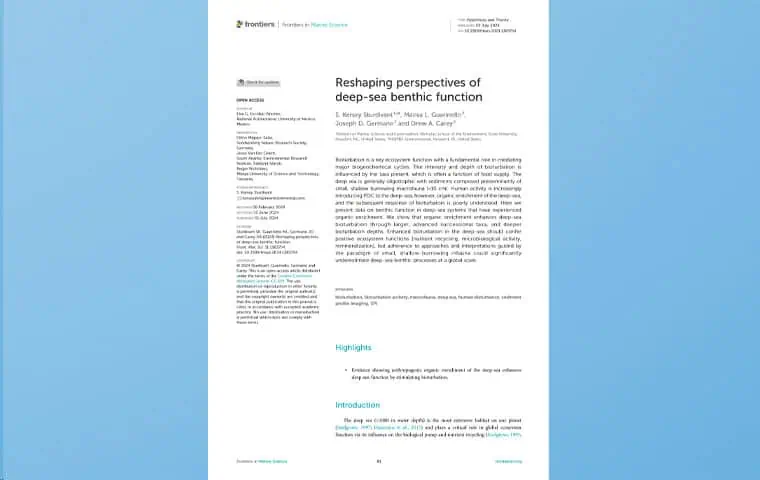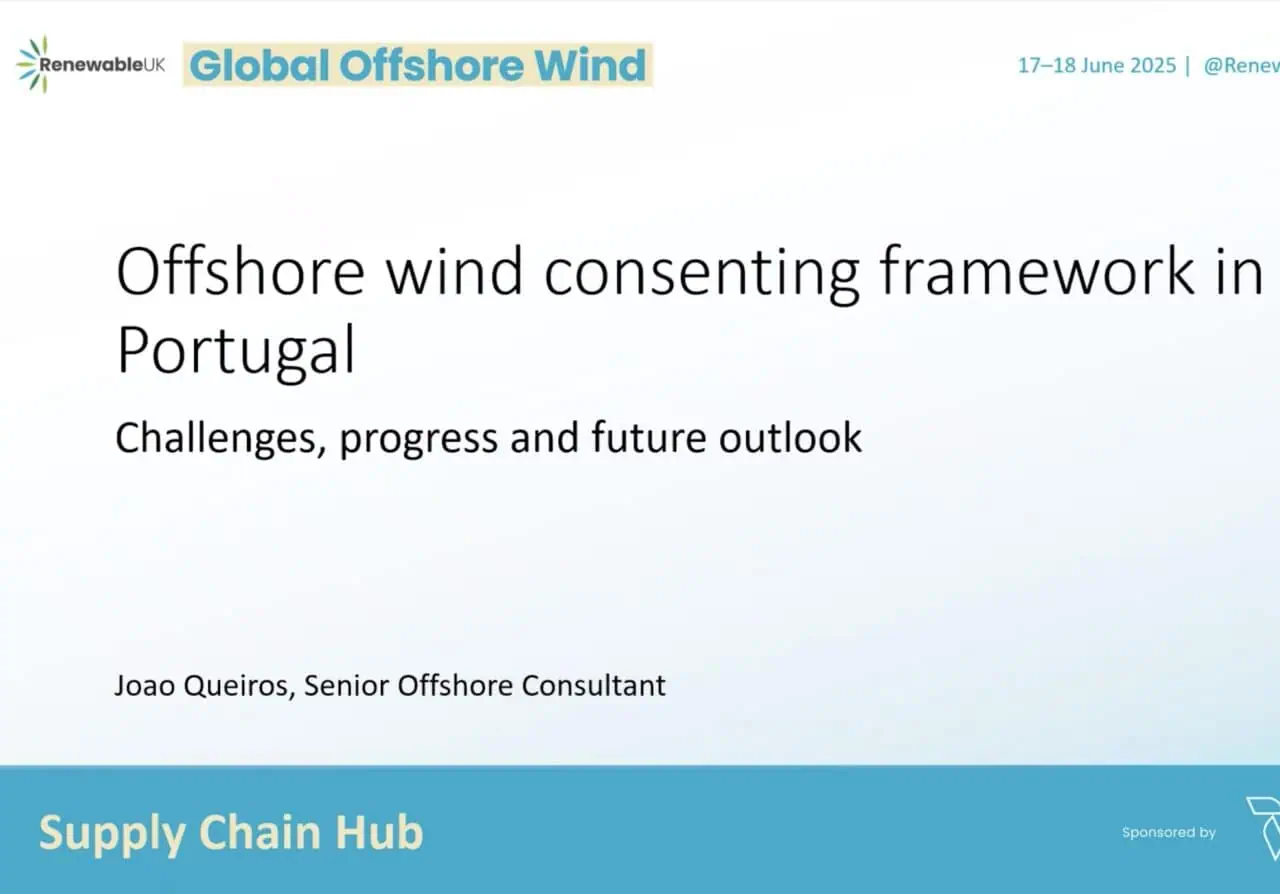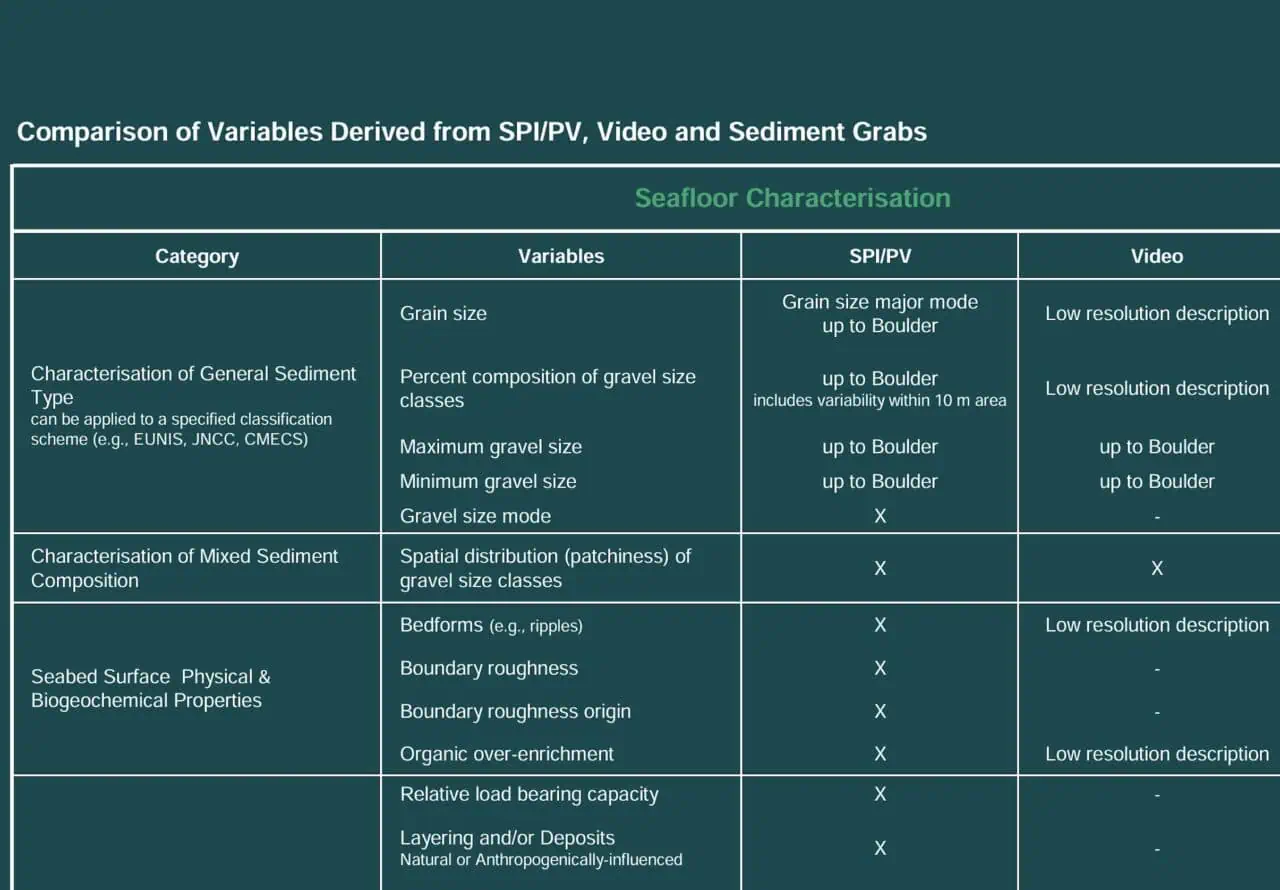
Publications | Published on 14.09.24
Reshaping perspectives of deep-sea benthic function
Reshaping perspectives of deep-sea benthic function
Bioturbation is a key ecosystem function with a fundamental role in mediating major biogeochemical cycles. The intensity and depth of bioturbation is influenced by the taxa present, which is often a function of food supply. The deep sea is generally oligotrophic with sediments composed predominantly of small, shallow burrowing macrofauna (<10 cm). Human activity is increasingly introducing POC to the deep-sea, however, organic enrichment of the deep-sea, and the subsequent response of bioturbators is poorly understood. Here we present data on benthic function in deep-sea systems that have experienced organic enrichment. We show that organic enrichment enhances deep-sea bioturbation through larger, advanced successional taxa, and deeper bioturbation depths. Enhanced bioturbation in the deep-sea should confer positive ecosystem functions (nutrient recycling, microbiological activity, remineralization), but adherence to approaches and interpretations guided by the paradigm of small, shallow-burrowing infauna could significantly underestimate deep-sea benthic processes at a global scale.
Citation: Sturdivant SK, Guarinello ML, Germano JD and Carey DA (2024) Reshaping perspectives of deep-sea benthic function. Front. Mar. Sci. 11:1383754. doi: 10.3389/fmars.2024.1383754


